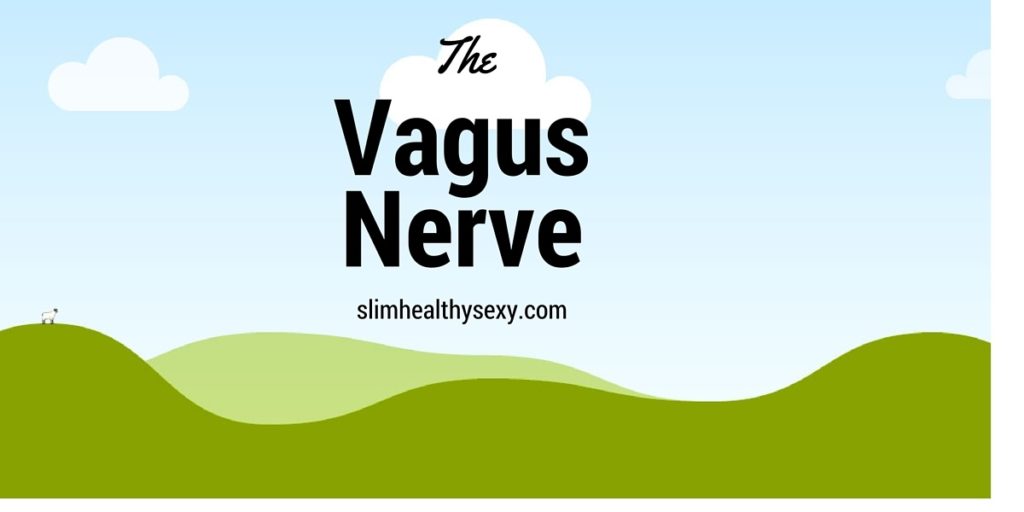How French Women Stay Slim by Terry Ryan

How do French Women stay thinner than American women? What you see on TV is a typical example of a French woman that primarily lives in Paris. Paris is the largest city in France and is the capital. It is a mere 40 square miles with a population around 2.5 million. What do French women do better than American […]
Skin Care Products Dermatologist Like!

Skin care products that dermatologist like and recommend by Terry Ryan ◘Let’s first remember the basics: ◘The thinnest skin is around the eyes. ◘Your skin sheds 50k skin cells per minute as it renews itself. (Yikes!) ◘Americans spend around 11 billion dollars on skin care per year. Here are some products that the EXPERTS picked. […]
What Killed Bill Paxton?

What killed Bill Paxton by Terry Ryan Bill Paxton, 61, actor, father, and husband, passed away Saturday, February 25, 2017 due to complications from surgery. He underwent heart surgery and suffered a stroke afterwards. (Source: TMZ) Potential Complications During and After Heart Surgery Some of the more common complications of heart surgery are routinely dealt […]
Cure Cancer With The Hallelujah Diet? by Terry Ryan

[hupso] Cure Cancer With The Hallelujah Diet? by Terry Ryan My neighbor claims the Hallelujah Diet saved her uncle who had cancer of the eye, and that’s how I first heard about the mysterious diet. Hmmm, a diet that saved a person from cancer. I had to learn more. Googling the Hallelujah Diet, I found […]
Vague about the Vagus Nerve?

Vague about the vagus nerve? Don’t feel alone because most people are. Did you know it is referred to by the medical community as the MIRACLE NERVE? >>>>>Read this story about a Super Woman! Wow! Things you find on the web!<<<<<< I first became aware of the importance of the vagus nerve while watching a […]